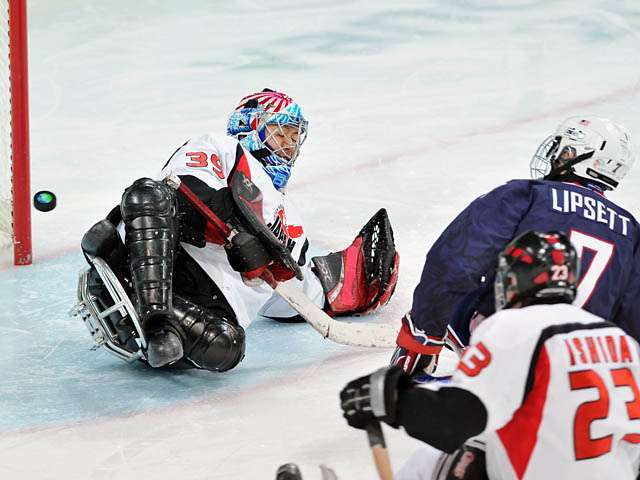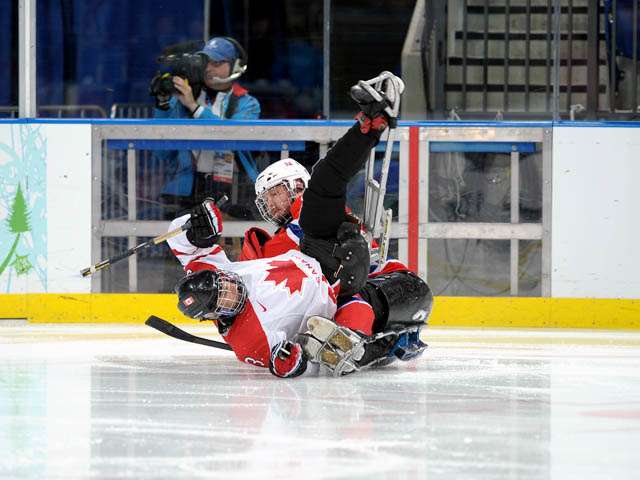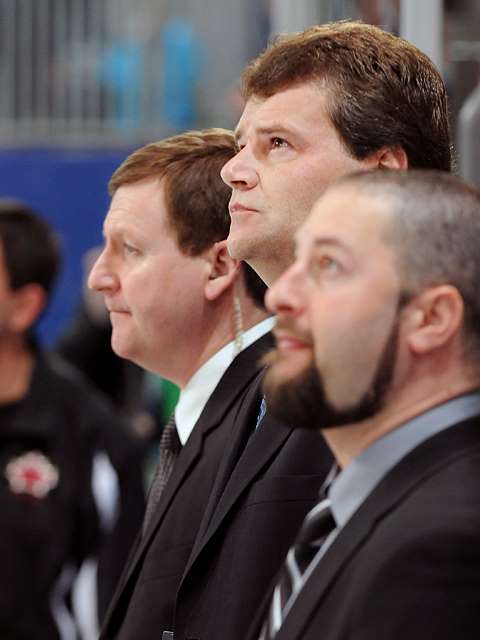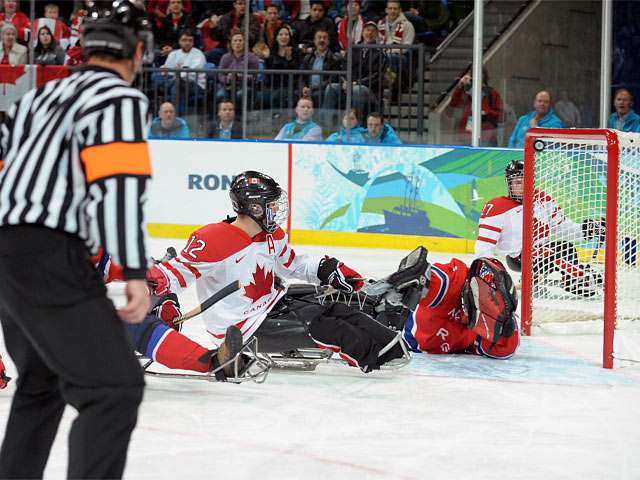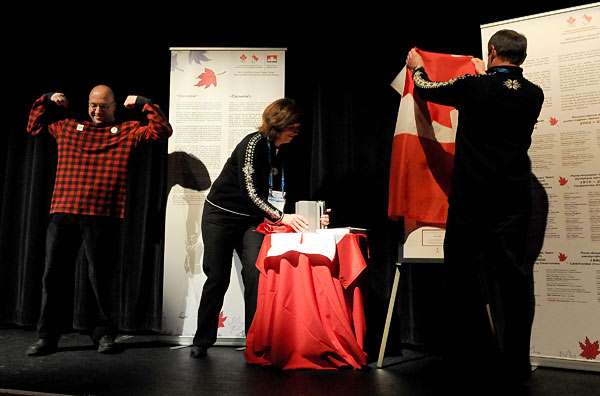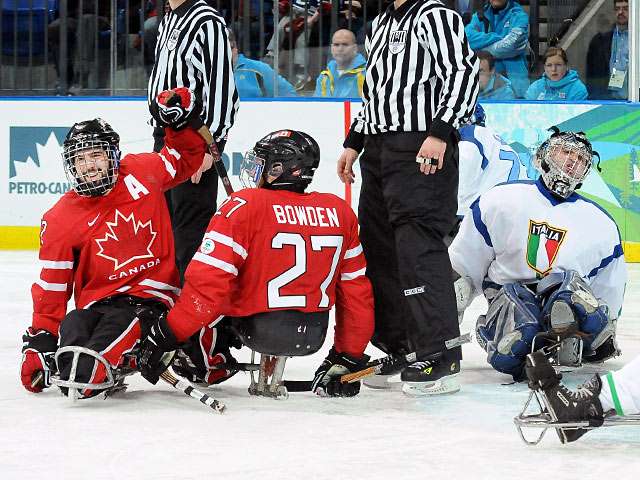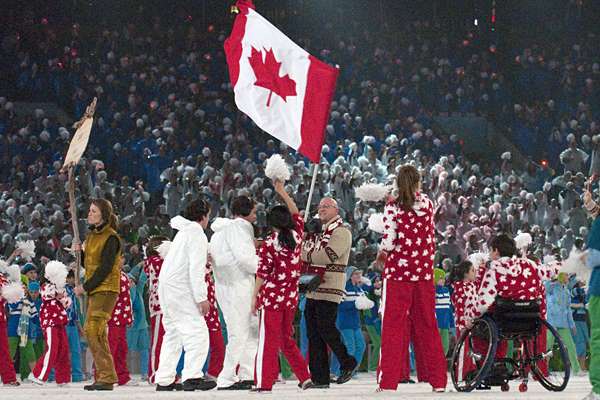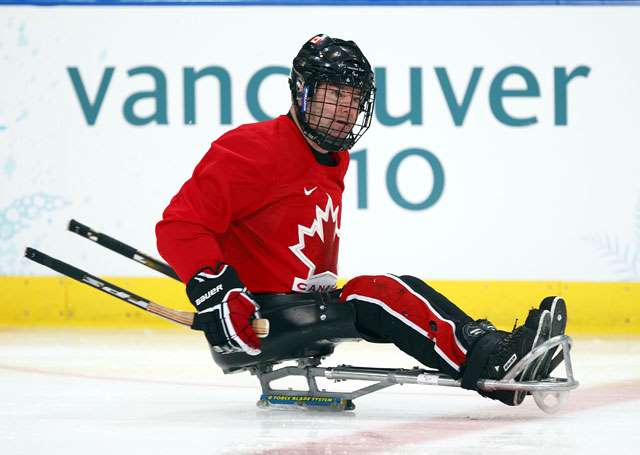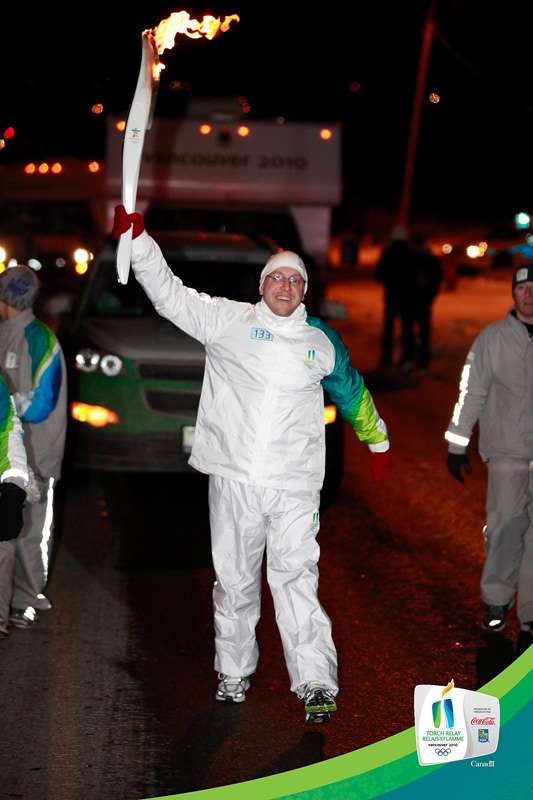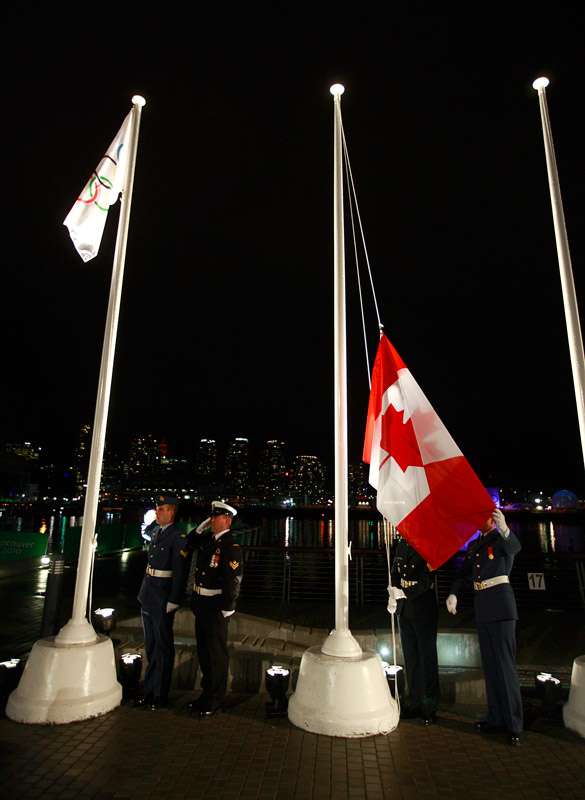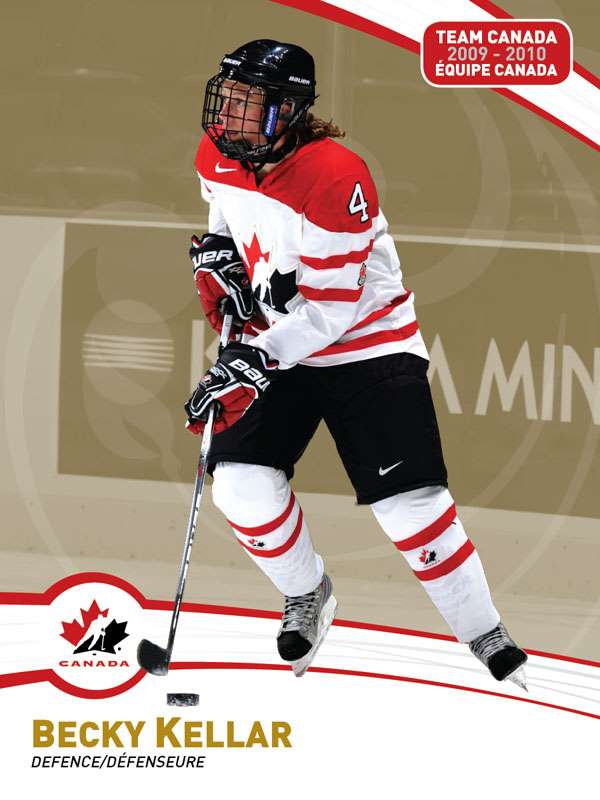Sochi... By Couch – Monday, February 17
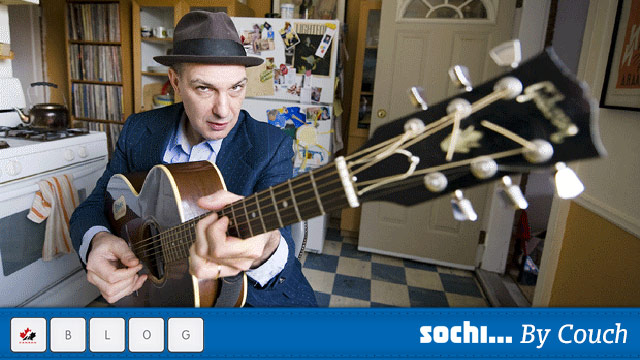
Probably the most affecting piece of literature I read as a young man was found in the long-departed sports section of New York’s Village Voice. It ran on the back page of the 150-page journal and was called “Be Afraid, Be Very Afraid,” about the prospects of the New York Rangers moving forward through early springtime in 1988. The story was written by two American men with different-sounding names – Jeff Z Klein and Karl-Eric Reif – and it was an early proto-CORSI cautionary tale (although they wouldn’t have called it that) about the potential landmines that lay ahead for the team, despite the confidence expressed by club, players and fans.
The reason the piece was affecting was because it pierced the balloon of hope surrounding the team, choosing the cold light of reality over the warmth of hope. Until then – and in the days before games and teams were torn inside out by the chattering digital masses – I didn’t think it possible for writers to express themselves from such an unsentimental place. Instead of stumping for the home side, the writers were telling fans to prepare themselves for how badly they would feel once the season ended.
This is, partly, how I feel heading into the medal round of the Sochi 2014 Olympic hockey tournament. There are opposing choruses of opinion when it comes to predicting Canada’s fortunes. One expresses the Prozacian view that competing for the sake of competing is enough, and for whom disappointing finishes by Canadian medal hopefuls (see Patrick Chan) are still wholly laudable. The other is made of storm-chasers who have been afraid, very afraid, before any of us, assailing disappointing finishes by Canadian medal hopefuls (see Patrick Chan) for their lack of clutch.
After Canada’s slim, low-scoring overtime victory over Finland, news that the team might, potentially, play the difficult Swiss in the quarter-finals engaged both sides. Doomsayers evoked Canada’s 2-0 loss to Switzerland in Torino, while the positive-minded pointed out that it had been an inconsequental round robin defeat. The worried and fearful pointed to Sidney Crosby’s dearth of goals, while the joyful and relaxed suggested we try to enjoy Drew Doughty, as loose and guileless on the big stage as other elite athletes were not (see Patrick Chan). The fretful cowered at the thought of playing the Americans down the road, while the love-drunk suggested that encountering such a formidable opponent would provide lasting memories, good or bad, and may the better team win.
These Olympics – for Canada, at least – have been missing the fairy dust of Vancouver, but it’s preposterous to think that it would have been any other way. And because everything isn’t perfectly falling in Canada’s direction, the perceived shortcomings of its most-followed entity – the hockey team – have become inflated.
While it’s hard to see through the fog of panic – and through all of those American goals, Swedish resilience and Russian speed – the truth is, Canada is 3-0 after three games. While it hasn’t pummeled teams, it’s a mug’s game to measure a side’s worth by the extent to which it’s beaten lesser – much lesser – teams. Instead, you measure it against good teams, and against Finland, it dominated its Nordic foes despite conceding a goal. True, there was very little smash-mouth goal crease dominance, but, in international hockey, you can’t stand there for more than three seconds anyway.
Also true, the game was played largely along the inside curve of the face-off circle, but, because the middle was clogged with bodies, Canada scored from the point, relying on a superb defence and a superb defenceman (Doughty) to score goals.
To some, the glass may seem half-empty going into the medal round, but cynical Canadian hockey watchers should also consider the view from the other side of the bench. As a player, would you want to be facing a goalless Sidney Crosby or Jonathan Toews? Or a line – the Getlafs with the Perrys and the Duchenes – who have come within a whisper of filling the net, pressuring the other team on nearly every shift? Right, it’s what I thought. Sure, the water may not be spilling over the edge of the glass, but it doesn’t have to be. Besides, maybe it’s not even water in there. Perhaps this elixir is for nursing.
- <
- >


 HOCKEY CANADA
HOCKEY CANADA


